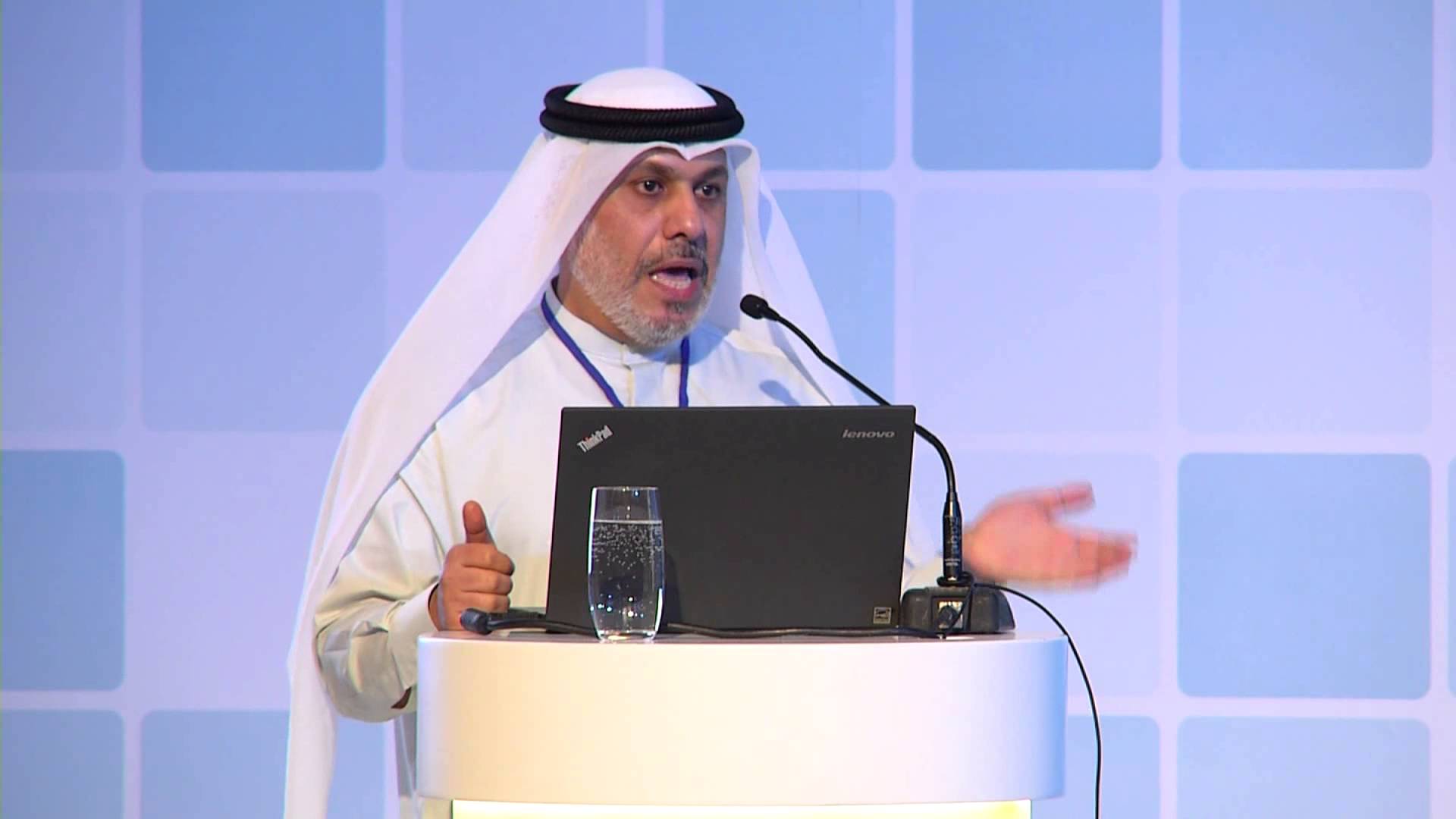In an open letter written from Al-Sadr prison in Abu Dhabi, prominent academic and economist Dr. Nasser bin Ghaith announced that he began a hunger strike on 2 April 2017 in protest against the Abu Dhabi Court of Appeals’ recent verdict against him. On 29 March 2017, the court sentenced Dr. bin Ghaith to 10 years in prison on charges stemming from his exercise of the rights to free expression and association. In his letter, Dr. bin Ghaith rejects both the trial and its verdict due to vast due process violations, and he calls for his unconditional release. Despite his ability to appeal this most recent ruling, Dr. bin Ghaith indicated that he would refuse to do so out of concern that engaging in the appeals process would serve only to offer an air of legitimacy to the court system’s behavior towards activists and human rights defenders.
The Government of the United Arab Emirates (UAE) has violated Dr. bin Ghaith’s internationally-recognized human rights both through the conditions of his detention and the conduct of his trial. Before the UAE sentenced him to 10 years in prison, authorities held Dr. bin Ghaith in custody for more than 19 months. Emirati security forces initially arrested Dr. bin Ghaith without charge in August 2015, and proceeded to forcibly disappear him for the following eight months. When he reappeared before the State Security Chamber of the Federal Supreme Court in April and May 2016, Dr. bin Ghaith told the court that Emirati authorities had tortured him during the period of his enforced disappearance. However, the judge refused to open an independent investigation into these allegations. On 18 May 2016, UAE authorities transferred Dr. bin Ghaith to the maximum security block of Al-Sadr jail. Security forces at Al-Sadr then reportedly held Dr. bin Ghaith in solitary confinement for an extended period of time.
The Emirati government placed Dr. bin Ghaith on trial for alleged crimes relating to his exercise of free expression and association. Several of these charges stem from comments Dr. bin Ghaith made on Twitter, including tweets that were allegedly critical of the Egyptian government and of the UAE government. With regard to the former, Emirati authorities charged Dr. bin Ghaith under Article 166 of the UAE penal code, which allows the criticism of foreign governments to constitute a “hostile act,” punishable by a lengthy prison term. Separately, the government also charged Dr. bin Ghaith with posting information “intended to damage the UAE” by “claiming that he was tortured and unjustly accused during a previous trial.” This relates to comments Dr. bin Ghaith made about the 2011 trial of the “UAE 5” – a group of five Emiratis, including Dr. bin Ghaith, who were convicted of and then pardoned for publicly insulting the UAE’s Crown Prince Al Nahyan.
The final charges brought by the Emirati government against Dr. bin Ghaith in this case stem from his alleged association with two parties, Ummah and al-Islah, that are classified as terrorist organizations by the UAE government. While the UAE has also brought charges against other members of these groups, they appear to relate solely to the defendants’ free expression and association. Furthermore, Emirati authorities brought this charge against Dr. bin Ghaith under the country’s broad counter-terrorism law, which has come under international scrutiny for severely restricting free speech and assembly.
Throughout his detention and trial, Emirati authorities have prevented Dr. bin Ghaith from preparing an effective defense by consistently denying him the ability to access his lawyer. Dr. bin Ghaith’s lawyer was also unable to be present in the courtroom during the verdict because the court changed the order of cases to be examined for the day without providing sufficient notice.
The Emirati government’s sentencing of Dr. bin Ghaith came less than two weeks after UAE security forces arrested internationally-acclaimed human rights defender Ahmed Mansoor on 20 March 2017. UAE authorities arrested Mansoor without a warrant, and they forcibly disappeared him for more than a week. On 28 March, five different UN human rights Special Procedures declared Mansoor’s arrest to be “a direct attack on the legitimate work of human rights defenders in the UAE,” and urged the government to release him immediately. The next day, on 29 March, the Emirati government announced that Mansoor was being held at the Central Prison in Abu Dhabi and had been arrested on charges of “promoting false and shaded information through the internet and serving agendas aimed at spreading hate and sectarianism.” Since Mansoor’s arrest, several human rights organizations have joined the chorus calling for his release.
ADHRB strongly condemns the UAE’s sentencing of Dr. bin Ghaith and the ongoing detention of Ahmed Mansoor. We call upon the Emirati government to immediately and unconditionally release both individuals. The government must carefully monitor Dr. bin Ghaith’s health throughout the duration of his hunger strike and ensure that he is provided with adequate medical care. We additionally call upon the government to immediately halt the suppression and criminalization of free expression and association, as well as to urge the government to amend its national legislation in order to fully protect these rights.





